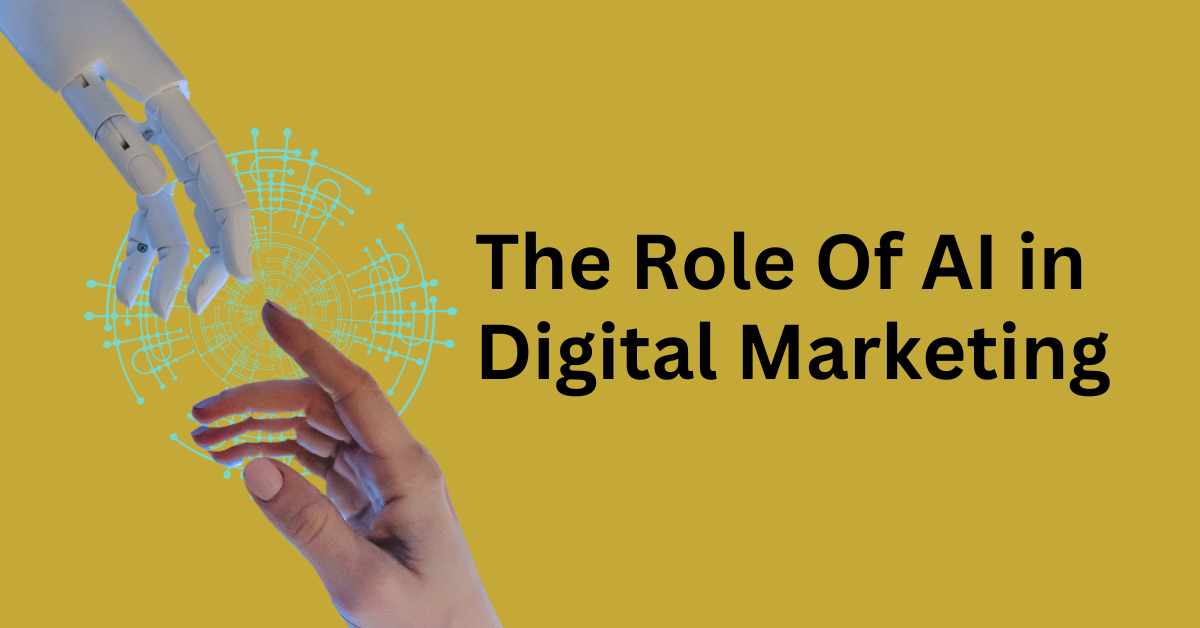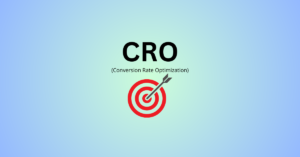AI and Digital Marketing and Automation: Indeed, artificial intelligence is changing the digital marketing landscape in an era of decision making based on data, hyper-personalization, and increased automation. For the marketer, this means that many repetitive, manual tasks might be simplified and delegated to machines, freeing up people’s time to work on strategic and creative aspects of their campaigns. In this blog, we are going to look at the ways AI is changing the digital marketing and automation space, what benefits they bring, and the variety of AI tools marketers can leverage in performance.
How AI is Transforming Digital Marketing:
AI has fundamentally changed digital marketing in so many ways-from content creation and customer service to data analysis and predictive modelling. Here are some key areas where AI makes an impact:
1. Personalization at Scale:
Among the several key innovations brought by AI to digital marketing is personalization at scale. True personalization of a message to individual customers in old marketing would entail much labor and work and was conceivable only on a limited scale. AI can instantly analyse large volumes of data and render very personalised content to millions of users.
For example, the recommendation algorithmsn used at e-commerce platforms like Amazon or video streaming services like Netflix capitalize on user behavior and preferences to provide product suggestions or content for individual tastes. Personalization at this level increases customer satisfaction and shows a higher chance of conversion rates and loyalty.
2. Predictive Analytics and Customer Insights:
AI-based tools can also scan large volumes of customer data to realize hidden patterns, trends, and insights, which otherwise would have gone totally undetected. With the use of predictive analytics marketers can predict the behavior of the customers, forecast future trends, and take decisions backed by data.
For instance, it can predict what a customer is most likely to buy next based on the history of browsing, email interactions, or social activity. This allows marketers to reach the right audience at the right time with the right message, enhancing targeting accuracy and campaign ROI accordingly.
3. Content Creation and Curation:
Another area where AI is actually used within the process for support with content creation and curation is in aiding marketers to produce much more efficiently. For instance, AI tools such as ChatGPT or Jasper can be used in generative frameworks used to create articles and product descriptions, and social media captions based on inputs. Content that’s generated by the AI may need a little tweaking by human analysts in terms of tone and accuracy but still far faster than any human ever could.
Besides content production, AI helps with content curation as relevant articles, videos, or blog posts appear to a user by selecting only the most important materials to display. It has been particularly useful on news aggregators, e-commerce websites, or even personalized content feeds.
4. Chatbots and Customer Support:
With AI-powered chatbots, the role of customer service and engagement has become increasingly important. By using NLP, chatbots can imitate human-like conversations by responding in a timely manner to customer inquiries. From frequently asked questions to taking customers through the actual purchase process, the support rendered is entirely 24/7, which only minimizes the need for human customer service representatives.
Sophisticated chatbots can actually engage with customers at a higher level of interaction like recommending products to them based on preferences or being able to resolve queries without human help. Companies such as Sephora and H&M are using AI-powered chatbots to assist customers in choosing products, ordering products, and even fashion styles based on taste preference.
5. Marketing Automation:
Marketing automation platforms have been available for some time, but the capabilities of such platforms have been dramatically improved through AI. AI enables the ability to automate repetitive, low-value marketing tasks, such as email sends, social media postings, and ad targeting.
For instance, AI can automate actions like the sending of personalized email campaigns based on customer behavior. Marketers can set up workflow triggers that automatically follow up with customers or encourage them to convert.
Another aspect where AI will help automate ad campaigns is A/B testing, a process in which data is constantly scrutinized, and on the basis of that data, bids, targeting, or creative elements are changed to enhance performance. This then opens up scope for marketers to strategize rather than execute.
Advantages of AI in Digital Marketing:
AI in digital marketing comes with a whole host of key benefits, making it an indispensable part of the modern marketer’s arsenal.
1. Improvement of Customer Experience:
With AI, the business can provide its customers with a very personalized and seamless experience. Be it in the form of hyper-personalized product recommendation or customized email campaigns, AI lets the brands deliver on customer expectations as well as derive value at every single touch point.
2. Improved Efficiency and Productivity:
AI automates tedious tasks such as data analysis, content creation, and campaign management, making the process simpler and allowing marketing teams to focus more on creative and strategical activities. Once the routine work is done by AI, marketers can devote their time to enhancing campaign strategies, creativity, and innovation.
3. Data-Driven Decision Making: AI is very effective in analyzing massive databases and can provide actionable insights on leading real-time marketing. Since AI relies on machine learning algorithms, it can trace the patterns of customer behavior and predict future tendencies for the company. This might ultimately result in cost optimization and prudent allotment of resources.Data-driven decision-making helps businesses make proper resource allocation, which increases ROI and minimizes wasted effort.
4. Cost Reduction:
AI-driven automation minimizes marketing expenses by excluding some human interventions in the completion of mundane tasks. To illustrate, an AI-based tool can do keyword research, audience segmentation, or even optimize a campaign in a matter of time that would take human hours to finish. This surely cuts labor costs and increases efficiency as a whole.
5. Improved Targeting and Personalization:
In other words, with AI, marketers have the capacity to analyze customer data at a granular level, enabling them to execute super targeted marketing campaigns. AI algorithms can categorize audiences according to behavior, demographics, and interests and ensure that all messages get delivered to the right people in the right time. This level of precision will see better success rate campaigns and also has a minimized ad spend.
AI-Based Digital Marketing Tools:
There are many AI-driven marketing tools to help marketers enhance several dimensions of digital marketing and automation, such as:
1. Google Ads Smart Bidding: Uses artificial intelligence to change a bid automatically based on the changes in the chances of conversion, thereby optimizing the ad spend and campaign performance.
2. Drift: It is a chatbot that assists in lead generation, customer support as well as sales. This AI assistant can qualify leads and route conversations to appropriate salespeople by streamlining the customer journey.
3. Canva: The application of AI in proposing designs as well as templates speeds up the creation of social media posts, presentations, and other marketing materials.
4. Grammarly: It is an AI assistant that improves content quality by coming up with suggestions for grammar, style, or tone.
Conclusion:
AI, therefore, transforms the role of business in digital marketing and automation. With AI, a business can personalize experiences for customers, automate tasks, and make decisions at unprecedented accuracy. While AI cannot replace human creativity and strategic thinking, it is a great tool to build on the strength of marketing operations, improve efficiency, and deliver better results.
As AI advances, there will be sure to be more integration of AI with digital marketing, and marketers will unlock new ways to meaningfully and substantially interact with their audiences. More on that later; businesses will be ahead of the competition in both digital and rich customer experience interactions.




